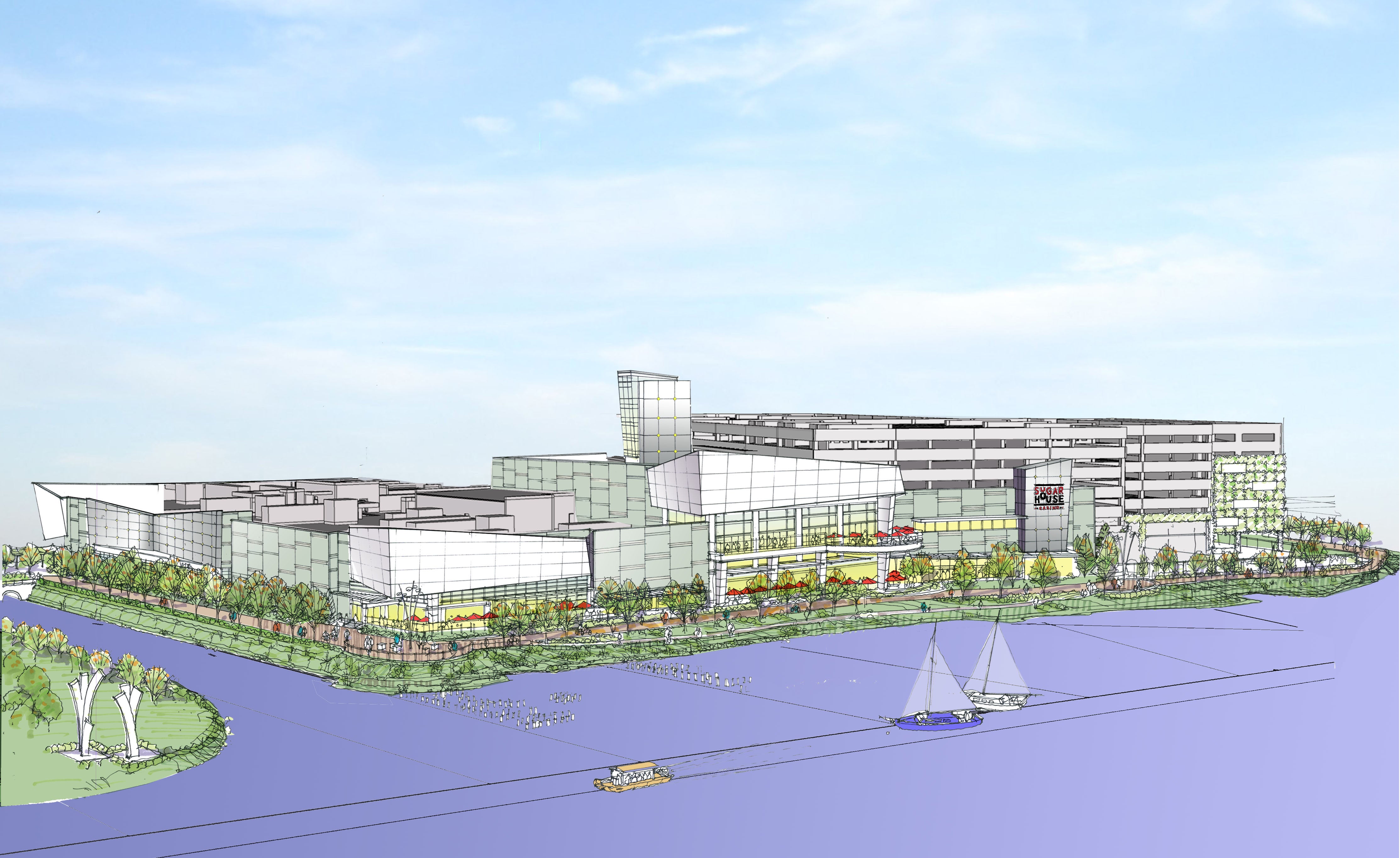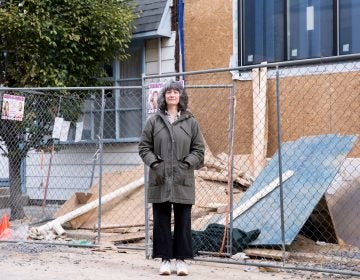Considering SugarHouse at “Year Won”

Last weekend SugarHouse celebrated “Year Won.” But was its first year a winner?
Let’s review.
The Inquirer reported Sunday that SugarHouse’s first year was marked by growing pains. The piece pointed out that SugarHouse’s revenue was more than $100 million short of even conservative projections, and that table gaming has proven more popular than slot machines there. The latter is not great news for Pennsylvania since its revenue comes through the 55% tax on slots. So, was it a slow start or is SugarHouse’s limp first year evidence of a bad bet made in the public’s name?
Casino-Free Philadelphia released its own report card on SugarHouse’s first year in business, as Newsworks reported last week. Not surprisingly, their portrait of the casino and its presence in Philadelphia is less rosy than the one SugarHouse is projecting.
SugarHouse celebrated its birthday by throwing a party over the weekend where it presented a giant ceremonial check for $500,000 to the Penn Treaty Special Services District, a gesture symbolizing the negotiated community-benefits agreement. But even as SugarHouse was eating cake, Pennsylvania’s casino system got skewered in Sunday’s Boston Globe. Massachusetts is considering gaming legislation right now, and the Globe points to Pennsylvania as the example not to follow. Citing the Grand Jury report issued in May, Noah Bierman wrote: “The financial success of Pennsylvania’s casinos was built on the ambitious scope of the effort and the rich profitability of the industry, but also on a foundation of cronyism, patronage, and back-room deals, not to mention overlooked criminal histories and alleged mob ties.” None of this is particularly confidence-building, and that has me wondering about SugarHouse’s future.
As PlanPhilly reported last week, SugarHouse is taking steps toward a large-scale expansion with the hope of staying competitive with nearby Parx, Harrah’s, and a forthcoming casino in Valley Forge. SugarHouse’s proposed expansion will add hundreds more slot machines, a poker room, more table games, new restaurants, and a huge parking garage boasting river views. But does an expanded SugarHouse necessarily mean a more competitive SugarHouse? And, will the expansion’s design be worthy of its site in ways the current casino isn’t?
If SugarHouse is a feature of the city that’s here for the long haul, its owners should take the expansion as an opportunity to improve the casino’s design inside and out. As it stands today, SugarHouse feels one notch above an airport terminal, with its interior lighting as one of the few visually interesting elements. It also gets points for a subdued exterior that doesn’t scream “I’m a casino”, but that’s hardly high praise. There’s plenty of room for improvement.
Some people may wish for SugarHouse’s demise, but that comes at a public price too. Like many people, I am not excited to have a casino on the Delaware River. But consider the blighting effect of a casino on life-support, as the waterfront gets ready for positive development in the years ahead? I may not be singing SugarHouse “Happy Birthday,” but its failure also feels like a gamble.
What do you think about SugarHouse’s future on the Delaware? If it expands, what would you like to see included in a new design? And, as the Inquirer wondered in a recent editorial, is gaming reform really ahead for Pennsylvania or will you believe it when you see it?
In related news, the Foxwoods license case remains in Commonwealth Court and Pennsylvania Treasurer Rob McCord released an economic analysis citing York or Reading as potential casino locations rather than in Philadelphia.
WHYY is your source for fact-based, in-depth journalism and information. As a nonprofit organization, we rely on financial support from readers like you. Please give today.








